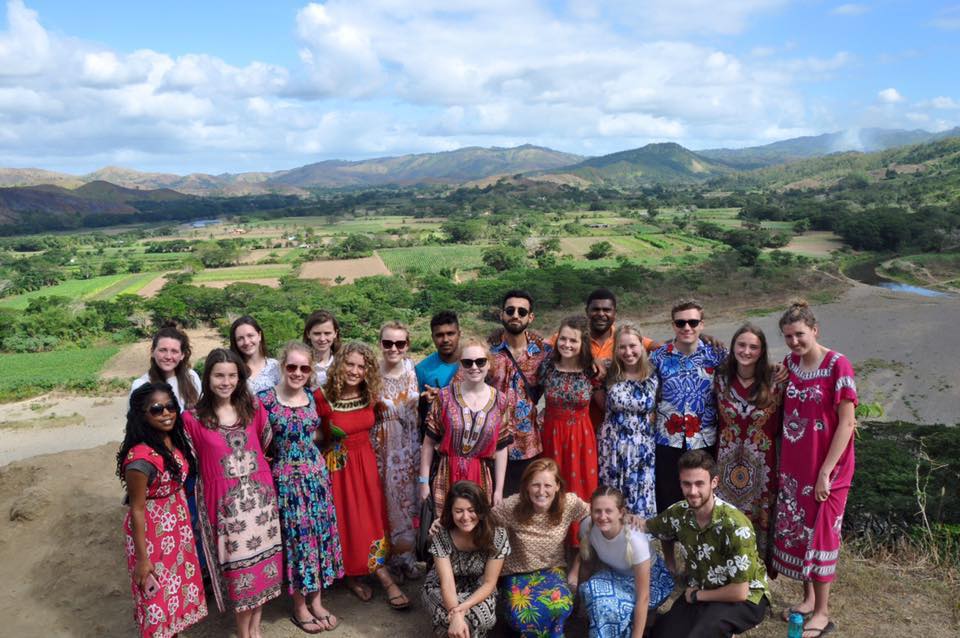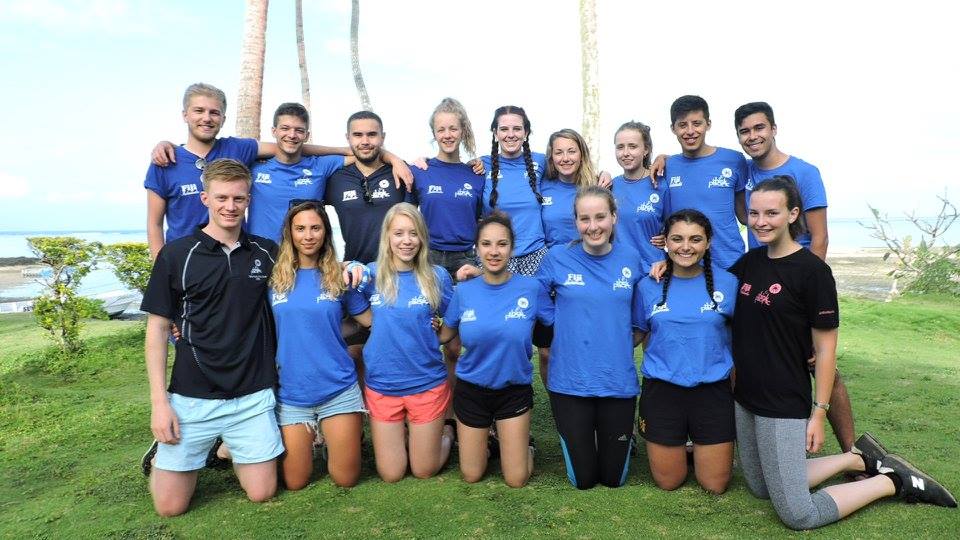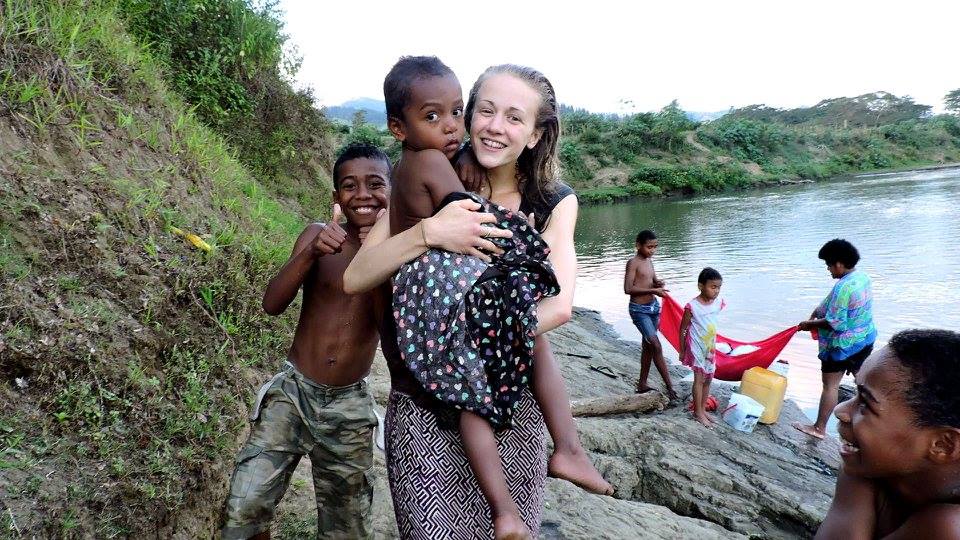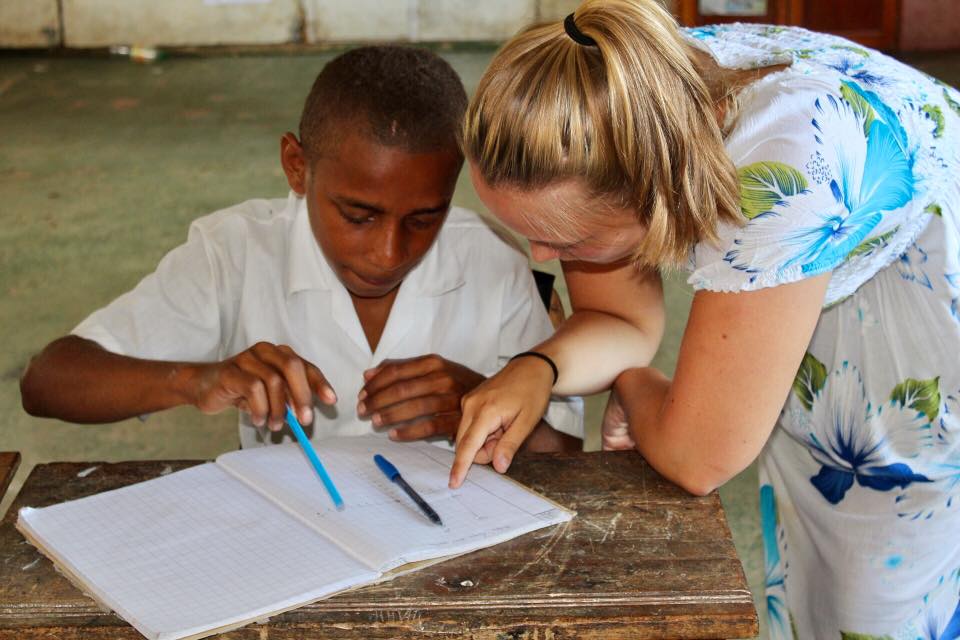
How to Decide What to Do on a Gap Year
So, you’ve decided you want to take a gap year. That’s amazing!
Taking a break from studies or work can be an amazing way to experience new things, travel the world, earn money, learn new skills, volunteer abroad or spend more time with family and friends.
But with so many opportunities out there, deciding exactly what to do on your gap year can be tricky. You’ve got to decide what you’re going to do, where you’re going to go, how long for, what you want to see, whether you intend to spend some time volunteering during your time, and whether you want the experiences to tie in with any considered career choices – to name just a few considerations!
That’s a lot to think about!
With so many options out there, it’s not going to be easy to decide, unless you already have a very clear cut idea what you want to do. Perhaps your aim is to see as much as you can of the world with the budget and the time you have. If that’s your aim, then you just need to get researching as much as possible (preferably with lots of coffee at hand!) If the South Pacific has ever interested you, then make sure you learn more about what a Think Pacific expedition involves, as it may just become a highlight of your gap year.
Things to Think About When Planning a Gap Year
Planning a gap year, whatever you want to do, involves some type of planning.
You can take a gap year after school, university or even in later life – whenever you decide, its important you make the most out of it.
Before you get into the details, it’s important to think about the bigger picture and what your dream gap year looks like – and how you can achieve that.
There are 3 core areas to think about:
1. What are your Interests?
A gap year throws open a whole world of opportunities. Grab them – they’ll become lifelong memories!
It can be helpful to use your interests as a focus to where you go and what you do. Art, culture, history, archaeology, nature, natural sciences, wildlife, sport, sightseeing, exploring, walking, hiking, trekking, skiing, mountaineering, diving, snorkelling, rock climbing, teaching, cycling, driving, camping, swimming, learning a new language or practising one you already know – pinpointing what interests you would like to include during your gap year will help identify the areas, countries and continents you want to visit.
Based on your interests, you can think about how to structure your gap year and ensure you’re doing things you enjoy and are passionate about. This may indicate that international travel is the best way for you to achieve what you want from your gap year, or perhaps, volunteering down the road at a local organisation may in fact allow you to do what you want.
Whatever it is that you choose, make sure it is something that will interest you and hold your interest for the whole time. Having a focus can help ensure you make of your time.
For some, inter-railing around Europe may be the best way to spend their time, while others may want to venture further afield and volunteer in remote parts of the world. And for some, simply gaining work experience at a local organisation may be the best way for them to achieve what they want to in their year out.

2. Making a Difference
Having a focus to your gap year will make it more meaningful for you and will undoubtedly make a difference in your life and experiences to date. Making a difference is a great way to spend a gap year doing something that will benefit others as well as creating lasting memories for yourself.
Gap years present opportunities to do things on your own, but also with organisations that can help create a clearer structure to your time.
The UK presents numerous openings for internships, project and charity work, and volunteering. You could work with homeless people on the streets, assist in a refuge, provide respite care for children with disabilities, work as a volunteer warden on a nature reserve or seek out volunteering opportunities with organisations such as the National Trust and English Heritage.
If your intention is to travel outside the UK, think carefully about your skill set, how it can be put to best use, what you would like to do, what you are prepared to learn and where you would like to volunteer. Schools, colleges and universities can offer advice too. It can also be good to talk to people who have come back from volunteering: they may be able to point you in the direction of excellent openings for volunteers. And then of course, there’s the internet where a simple search will throw out pages of organisations all offering opportunities. We offer volunteering projects to Fiji, so if teaching in Fiji, coaching sport abroad and generally living a remarkable experience in remote communities in Fiji, then make sure you get in touch.
In terms of international travel, remember that volunteering abroad can and probably will take you way outside your comfort zone and may require a robustness you never thought you had. Knowing yourself as you explore the opportunities that appear will help you find the right project. Be sure to choose something meaningful to you: you’ll definitely get more out of it, if it’s something you believe in.

3. Personal Development Opportunities
A gap year offers a world of opportunities – some of which may shake and challenge you to the core. You could discover strengths you never knew you had, and develop in confidence and leadership potential. You could see first hand a world others may never encounter.
Your experiences will help make you more globally aware and develop skills that you can leverage in other walks of life.
You may develop new language skills depending on the length of stay in a country and you may follow those up when you return.
You will have unique stories and experiences to draw upon for your CV and potential career interviews on your return. You may even be so moved and inspired by what you witness that you may never want to come back!
Whatever it is that you choose, your gap year should furnish you with an opportunity of a lifetime.
Make it count!

A Think Pacific Gap Year
For anyone who thinks visiting Fiji on their gap year sounds like a potential option – make sure you download our brochure and learn about how you can volunteer in remote villages in Fiji with Think Pacific.
If you have any questions about Fiji, or taking a gap year in general, please don’t hesitate to get in touch. We’d be happy to share our opinions and own experiences when it comes to making decisions about gap years and international travel.




